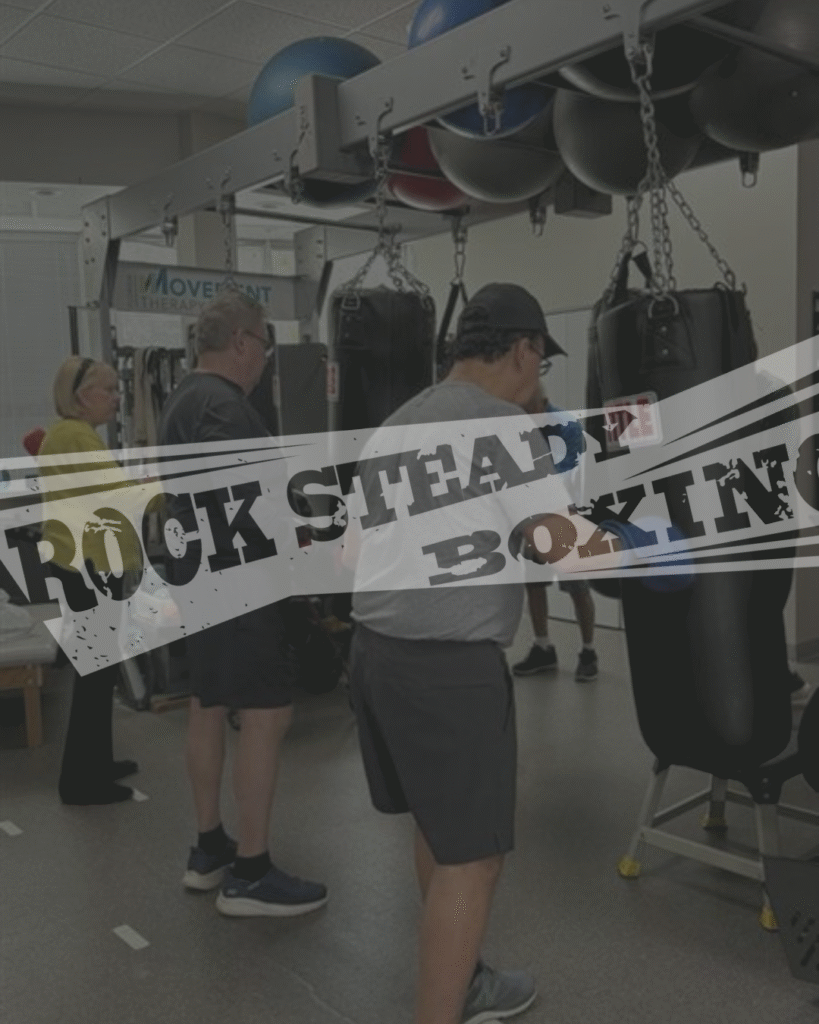Have you ever found yourself saying, “It’s on the tip of my tongue…” or “I know what I want to say, but I can’t find the word”? If so, you’re far from alone. Many adults experience memory and word-finding issues as they age—but that doesn’t mean it’s something you simply have to live with.
Let’s dive into what’s normal, what’s not, and how speech therapy can help.
Aging and Language: What’s Normal, What’s Not?
It’s common for adults to notice changes in their communication skills as they get older. Word-finding difficulties, slower recall, and occasional forgetfulness are often dismissed as “just aging.” But these subtle changes can impact daily life, confidence, and social interaction.
According to the American Speech-Language-Hearing Association (ASHA), up to 40% of adults over age 65 report increased difficulty with word retrieval. And while age-related changes are real, they are not always inevitable or irreversible.
Myth: Only children or stroke patients need speech therapy.
Fact: Adults of all ages benefit from speech therapy—especially when they’re noticing changes in communication or memory.
What Is Word-Finding Difficulty?
Word-finding difficulty, or anomia, happens when someone knows what they want to say but can’t access the word in the moment. You might pause mid-sentence, describe the word instead of saying it, or feel like the word is “just out of reach.”
While occasional lapses are normal, frequent disruptions can signal that your brain needs support—especially when they interfere with your daily conversations, work performance, or confidence.
What Speech Therapy for Adults Actually Looks Like
Modern speech therapy is tailored, practical, and designed to meet you where you are. It goes far beyond the childhood-focused image many people picture.
Our licensed speech-language pathologists work with adults on:
- Strategies to improve word recall
- Memory techniques to support daily functioning
- Cognitive-communication skills like problem-solving and organization
- Tools for smoother conversations and storytelling
- Confidence building in both professional and personal interactions
It’s not about “fixing” you—it’s about giving you strategies to thrive in your everyday life.
Real-Life Impact: It Works
Here are a few examples of how therapy helps:
- Jane, 57, a teacher, started speech therapy after losing track of words during lessons. With simple strategies, her confidence and performance improved significantly.
- Carlos, 66, found himself avoiding family gatherings due to frustration with storytelling. He regained his ease in conversation after working with an SLP.
- Dina, 72, feared early dementia. After evaluation, therapy helped her adapt to medication-related memory changes and stay engaged with loved ones.
Statistics Speak Louder Than Assumptions
- 70% of adults report noticeable improvements in communication after engaging in targeted cognitive-linguistic therapy over 8–12 weeks.
- A study published in Aging & Mental Health found that therapy addressing word-finding and memory also improved emotional well-being, reducing anxiety and frustration.
Common Myths, Debunked
Myth: “It’s too late for me to change.”
Fact: Thanks to the brain’s neuroplasticity, people of all ages can improve communication and memory with the right guidance.
Myth: “I don’t have a medical condition, so therapy isn’t for me.”
Fact: You don’t need a diagnosis to benefit from therapy. Proactive support is just as important as reactive care.
Myth: “It’s embarrassing to need help with speech at my age.”
Fact: Seeking help is a strength. You’re investing in your independence, quality of life, and relationships.
Key Takeaway
If you’re frequently struggling to find the right word, forgetting conversations, or feeling frustrated by communication challenges, speech therapy can help. These issues are more common—and more treatable—than most people think. You don’t have to wait for things to get worse. The sooner you take action, the sooner you can regain clarity and confidence in your daily life.
Contact us today to learn more or to schedule an initial evaluation with one of our licensed speech-language pathologists. We’re here to support your goals—whether that means clearer conversations, improved memory, or just feeling more like yourself again.







